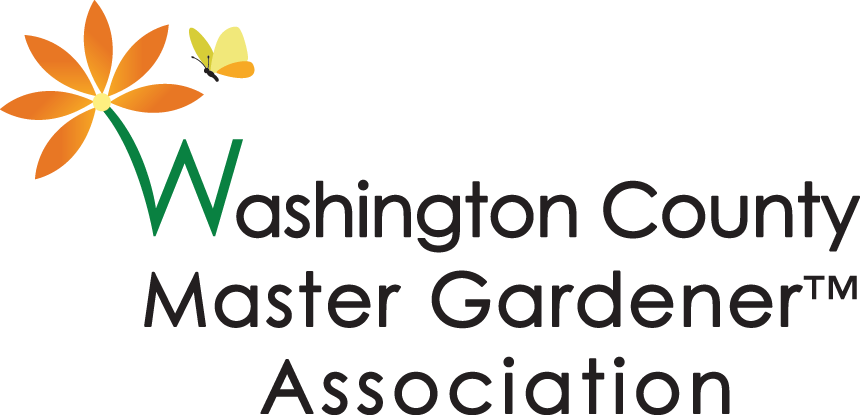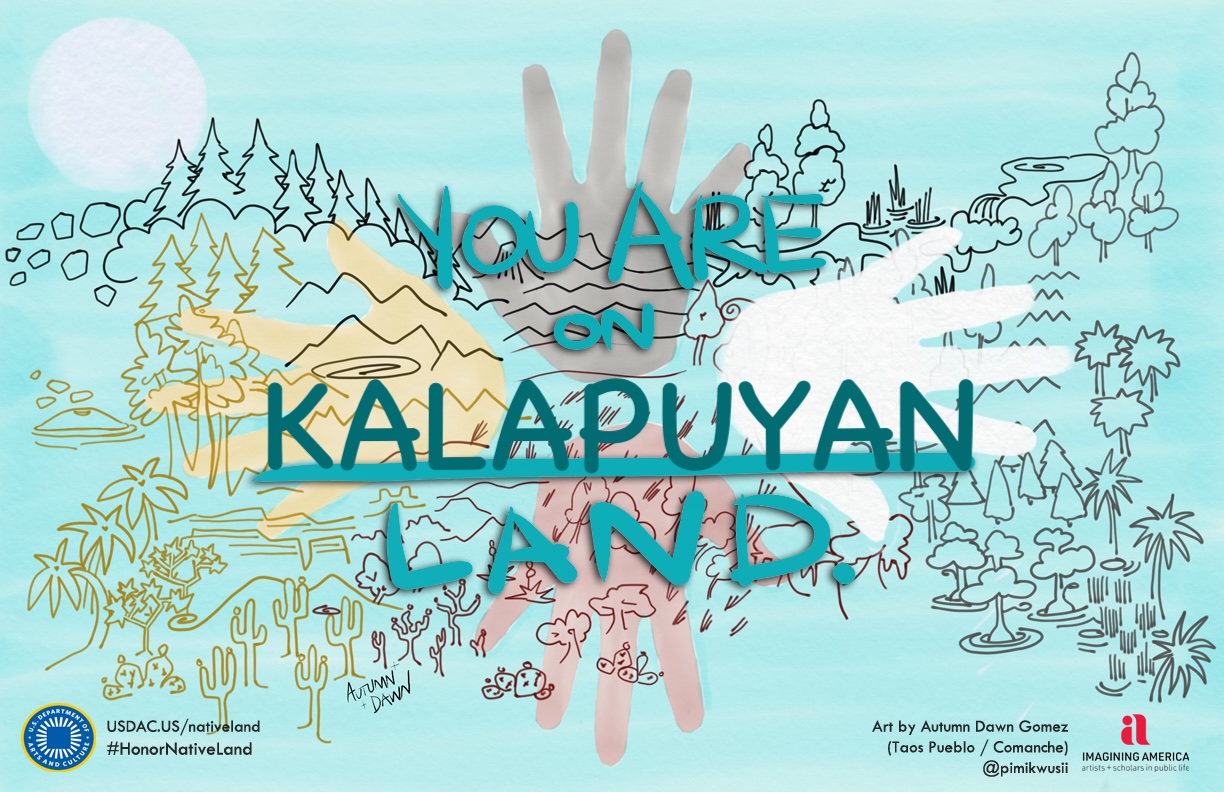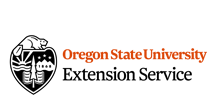The WCMGA DEI Committee is a group of Washington County Master Gardeners who are working to help the chapter grow our efforts in the areas of Diversity, Equity, and Inclusion. We developed the WCMGA land acknowledgment that is read at chapter meetings and is posted at both our demonstration gardens, as well as accessibility and inclusivity assessments for our public events and volunteers. (Accessibility and Inclusivity assessments available below.) We planned and staffed a Master Gardener booth at the 2024 Hillsboro Pride Party and are working towards having a presence at diverse Washington County events in the future.
We meet in person at the Washington County OSU Extension Office on the second Tuesday of each month from 10am to 11am. We invite WCMGA members to join us! Allies welcome!!
Please contact Larina Hoffbeck at hoffbeck@frontier.com for more information.



 In cooperation with the OSU Extension Service, the Washington County Master Gardener Association (WCMGA) provides relevant, research-based education and outreach to the public about horticulture and household pests. This information promotes sustainable practices that minimize risks to human health and the environment. The Washington County Master Gardener Association (WCMGA) sponsors a wide variety of gardening–related demonstrations, lectures, seminars and workshops in various Washington County Oregon locations. Most of our events are free and open to the public. The WCMGA is a 501c3 non-profit supported by hundreds of volunteers, who work to educate the public about sustainable, affordable gardening.
In cooperation with the OSU Extension Service, the Washington County Master Gardener Association (WCMGA) provides relevant, research-based education and outreach to the public about horticulture and household pests. This information promotes sustainable practices that minimize risks to human health and the environment. The Washington County Master Gardener Association (WCMGA) sponsors a wide variety of gardening–related demonstrations, lectures, seminars and workshops in various Washington County Oregon locations. Most of our events are free and open to the public. The WCMGA is a 501c3 non-profit supported by hundreds of volunteers, who work to educate the public about sustainable, affordable gardening.